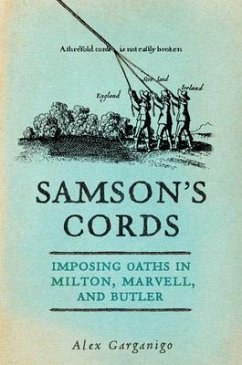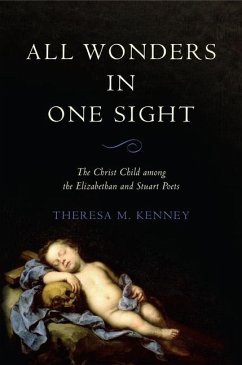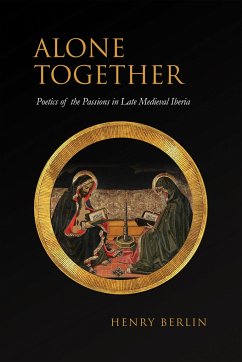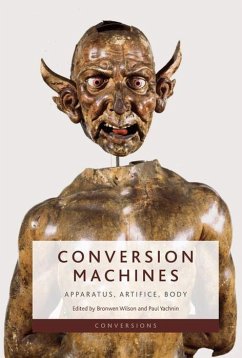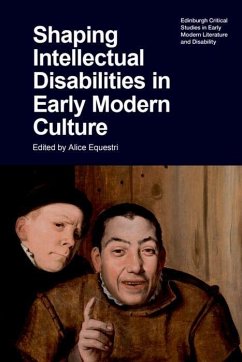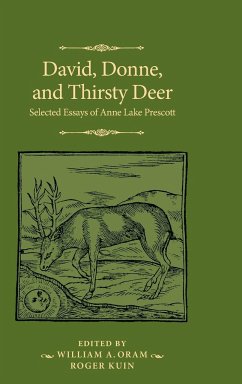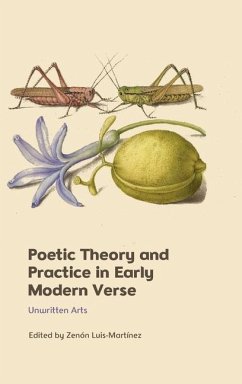
The Lives of Girls and Women from the Islamic World in Early Modern British Literature and Culture
Versandkostenfrei!
Versandfertig in über 4 Wochen
77,99 €
inkl. MwSt.

PAYBACK Punkte
39 °P sammeln!
Bernadette Andrea's groundbreaking study recovers and reinterprets the lives of women from the Islamic world who travelled, with varying degrees of volition, as slaves, captives, or trailing wives to Scotland and England during the sixteenth and seventeenth centuries



